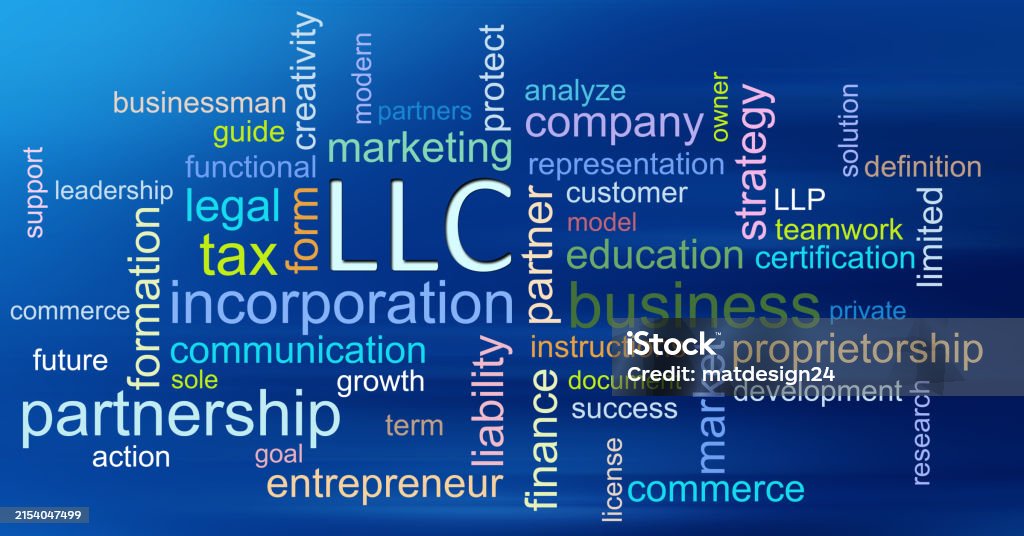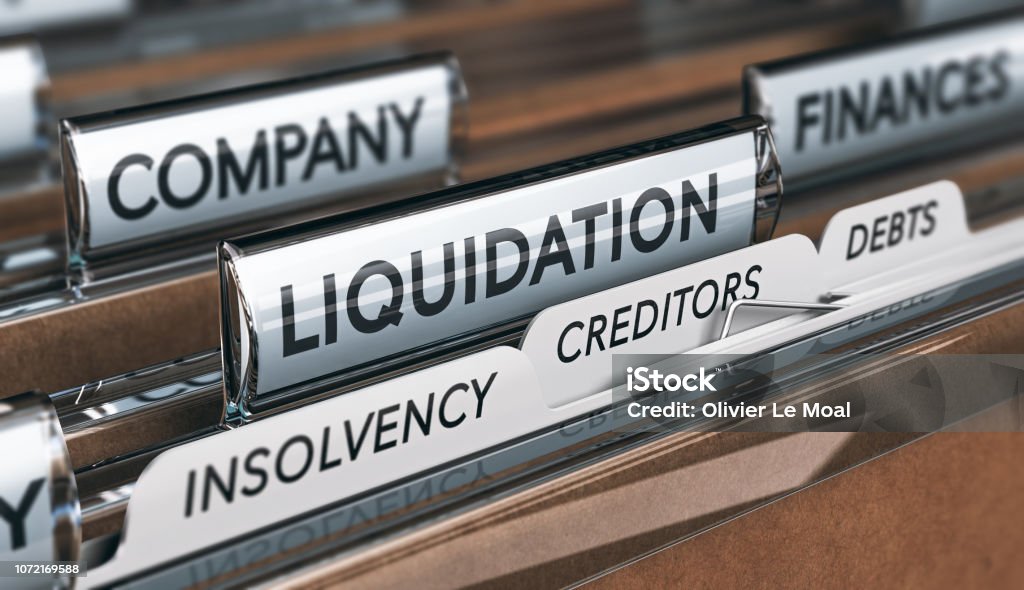The Kingdom of Denmark is a Scandinavian country located in Northern Europe. The Kingdom includes the Faroe Islands and Greenland, while metropolitan Denmark consists northern part of Jutland and the archipelago of more than 400 islands.

Denmark is considered one of the most economically stable countries and hence attracts global investors to explore and expand business opportunities. There are two basic types of business structures permissible in Denmark; public limited company or A/S and private limited company or ApS. Established businesses can register branches or representative offices in Denmark as well.
| S# | Type of company | Local name | Min. required paid-up capital |
| 1. | Public Limited Company | Aktieselskab (A/S) | €53782 |
| 2. | Private Limited Company | Anpartsselskab (ApS) | €5500 |
Public limited company – A/S
A PLC is a company of choice for investors who require big capital investment in a short span of time. In Denmark, a PLC is registered with the Danish Business Authority with an initial payment of 25% of the minimum required paid-up capital.
As per the law, a PLC is required to have a Board of Directors which shall have at least 3 directors and an Executive Board. The BoD is responsible to make all the strategic decisions, while the latter takes care of the operations.
Private limited company – ApS
A Private Limited Company or ApS is the most simple and convenient business option for small and medium enterprises. Salient features such as liberty from personal liability and small capital requirements are some factors that more investors are inclined to register such entities. An ApS, just like a public limited company, is registered with the Danish Business Authority.
Note that the paid-up capital can be in the shape of a bank deposit or assets of the same financial worth.
Branch office
A branch office is established to carry out the business of the parent company in the host country. Like other business entities, a branch office also needs to be registered with the Danish Business Authority. However, unlike a company, a branch office does not require any paid-up capital to be registered and may be managed by one or more managers.
Representative office
A representative office only represents the parent company registered in another country in the host country. The activities carried out by the representative office are limited and specified, mostly legal correspondence that is of preparatory and auxiliary nature.
Cost of incorporating a company in Denmark
The costs involved in the incorporation process of a company depend on the type of business structure chosen, the minimum capital, and the registration fee. No costs are involved should the investor choose an unlimited company or sole proprietorship.
The below list reflects the most basic and important costs likely to be incurred during the process:
- Bank fee for opening a corporate bank account to deposit the paid-up capital
- The fee to register with the Danish Business Authority – €90
- Cost of registering employees with workmen’s insurance – €65
- Entry to the Danish Tax Administration
- Cost of notarization (documents, deeds, agreements, etc.) – €10/document
- Cost of company seal – €90
- Translation charges – €15 – €20/hr
- Lawyer fee – €600 (applicable where consultancy services are rendered)
- Trademark registration cost (optional) – €160-€560
Process of registration
The registration process is a series of steps that are taken by the investors or representatives in a predetermined sequence.
Choosing a legal business structure
It is important to be clearheaded about what business format will be most favorable for business activities. As once registered, switching to a new format is a complex and time-consuming process.
Registering the company
After the selection of the company type, the same needs to be registered with the Danish Business Authority. A form can be obtained through the DBA website or in person. Every business type has a different form, so ensuring the application form is filled and submitted is important. Upon registration, the company receives a central company registration number which is to be used in all future correspondence.
Registering with the tax authority
In Denmark, all businesses are subject to various taxes, for this purpose the business must be registered with the tax authority. The Danish Tax authority, the Customs, and the Tax Administration (SKAT) are the departments where companies need to be registered.
Obtaining permits
While Denmark has an open economy there are some trades and business activities that require special permission from the government prior to registration. Some such businesses are listed below:
- Transportation
- Insurance
- Education
- Construction/civil engineering
- Health services
- Law & accountancy
- Fishing, agriculture, aquaculture, livestock, etc.
- Power, energy, coal, etc.
Hiring
Hiring local or foreign people is the prerogative of a company; the state does not restrict the hiring of both, provided the foreign employees are staying in the country legally. Some commercial licenses also allow companies to sponsor staff from the company’s home country.
Benefits of registering a company in Denmark
There are numerous advantages from a commercial and corporate perspectives that companies registered in Denmark can enjoy. Some of the most attractive benefits are listed below:
- Ease of registration and operation
- Restriction as to the nationality of the owners does not apply
- Board and other essential meetings can be held online
- The flexibility of language while submitting documents for registration
- Tax benefits and a favorable tax system
The operational cost of the business in Denmark
While the exact expenses and costs incurred entirely depends on a company’s budget and willingness to spend, however, there are some expense and costs that are inevitable and listed below:
- Wages & Salaries – Minimum wages in Denmark are fixed at €14/hour as of 2023
- Electricity – €0.32/kWh
- Office average rent in city centers – €300/month
- Internet – €26/month (8mbps)
- Overtime – 50% of wages for the first 3 hours, 100% for subsequent hours
Major industries and sectors in Denmark
Denmark has a thriving economy and probably the best standard of living; where all economic factors such as GNP, GDP, growth rate, etc. all indicate a robust economy. The major industries and sectors that play an important role in the Danish economy are:
- Agriculture: more than 60% contribution
- Energy: 21% coal, 18% natural gas, 27% biomass, and other sources
- Tourism: €131 billion annual turnover
- Transport: Airlines serve 33 million passengers annually
You may also find these articles helpful
Guide on company registration in Denmark
Guide on company liquidation in Denmark
VAT number registration in Denmark – full guide




